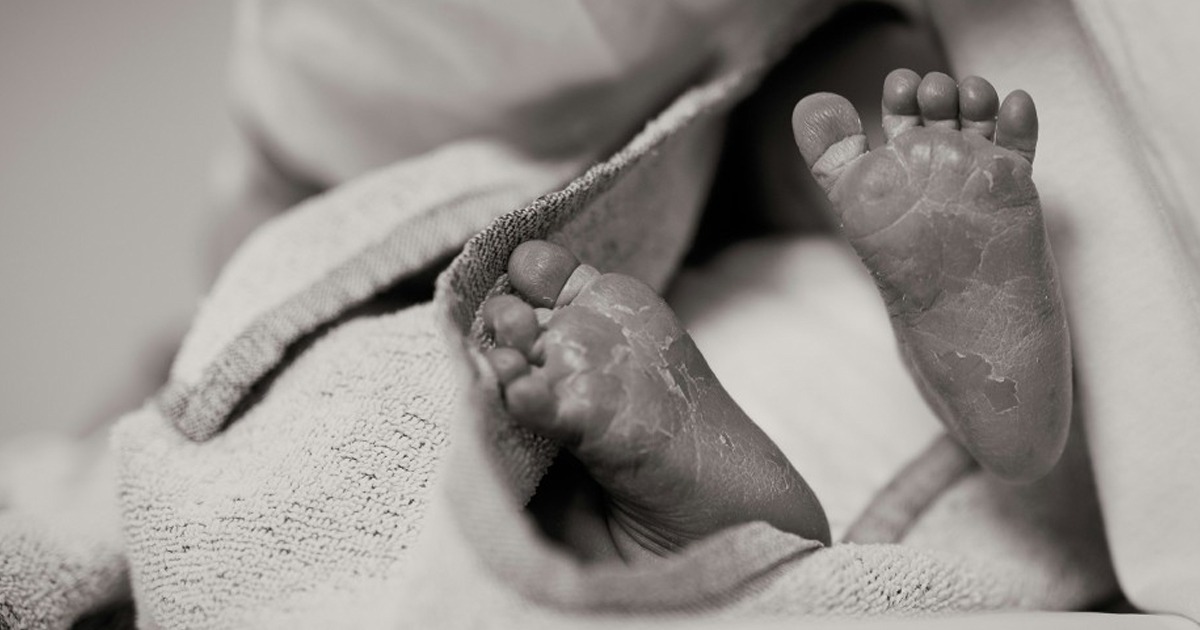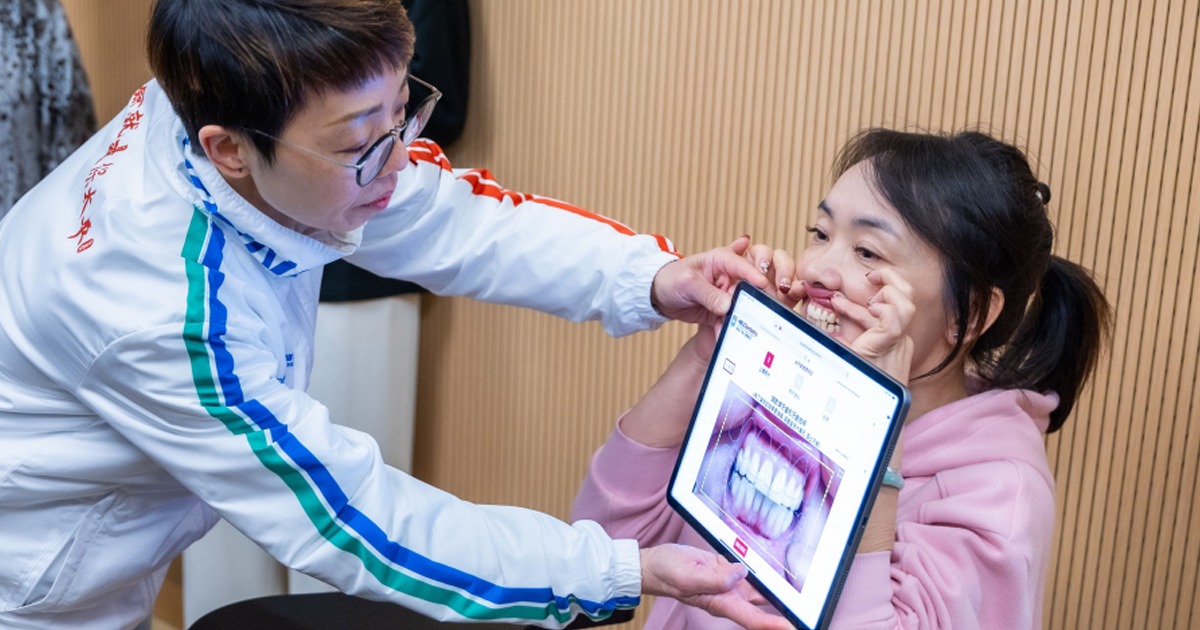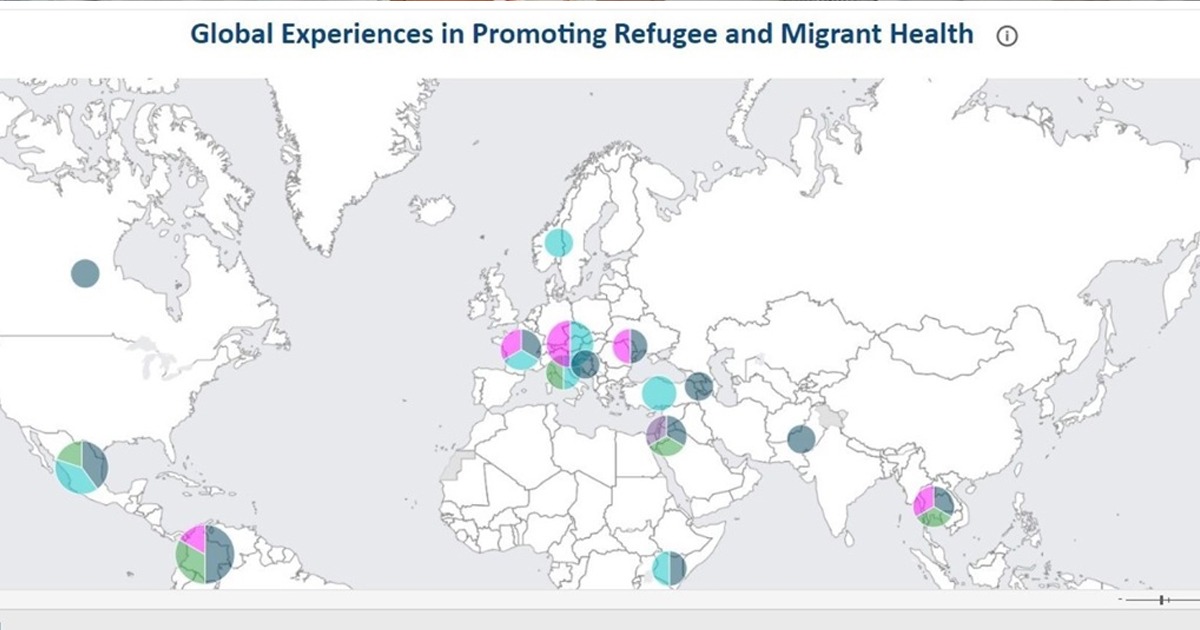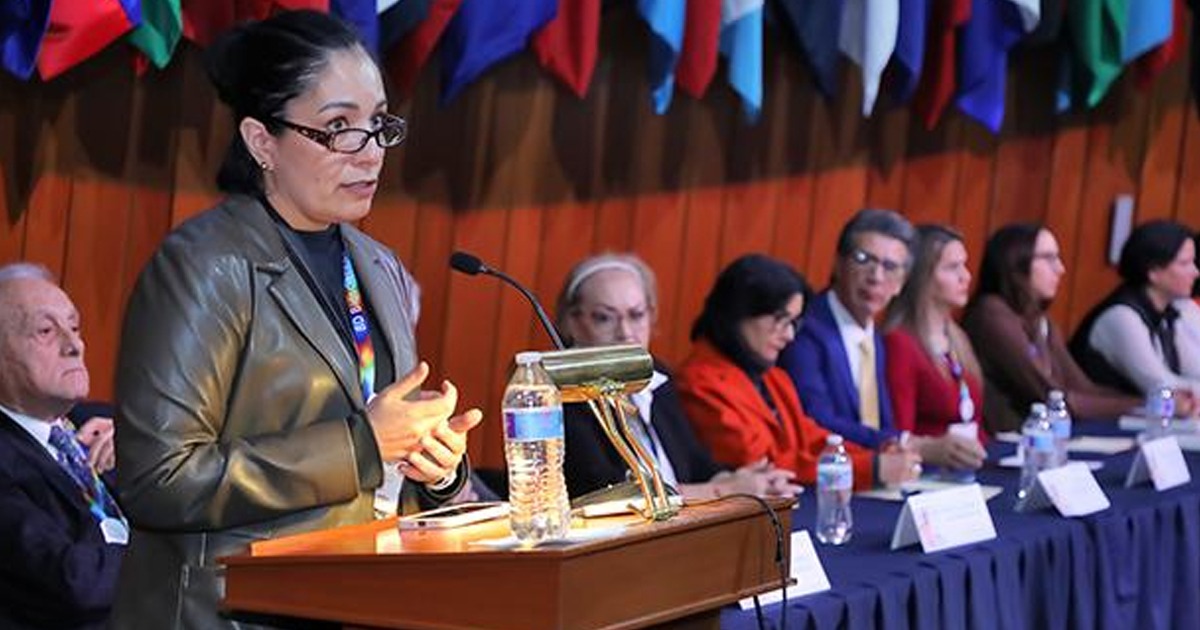WHO reached a new agreement with the International Development Innovation Alliance (IDIA) to work together in support of a shared agenda to promote and facilitate the demand, supply, evaluation and scaling up of health innovation for the benefit of low- and middle-income countries.
The World Health Organization (WHO), announced a collaboration with the International Development Innovation Alliance (IDIA), "a unique collaboration platform that brings together the senior leadership from the innovation teams, labs, and departments of some of the world's leading development agencies," as WHO explains. The collaboration seeks to advance health innovation projects through a shared agenda, promote and facilitate the demand for health innovations in low- and middle-income countries, as well as their large-scale implementation.
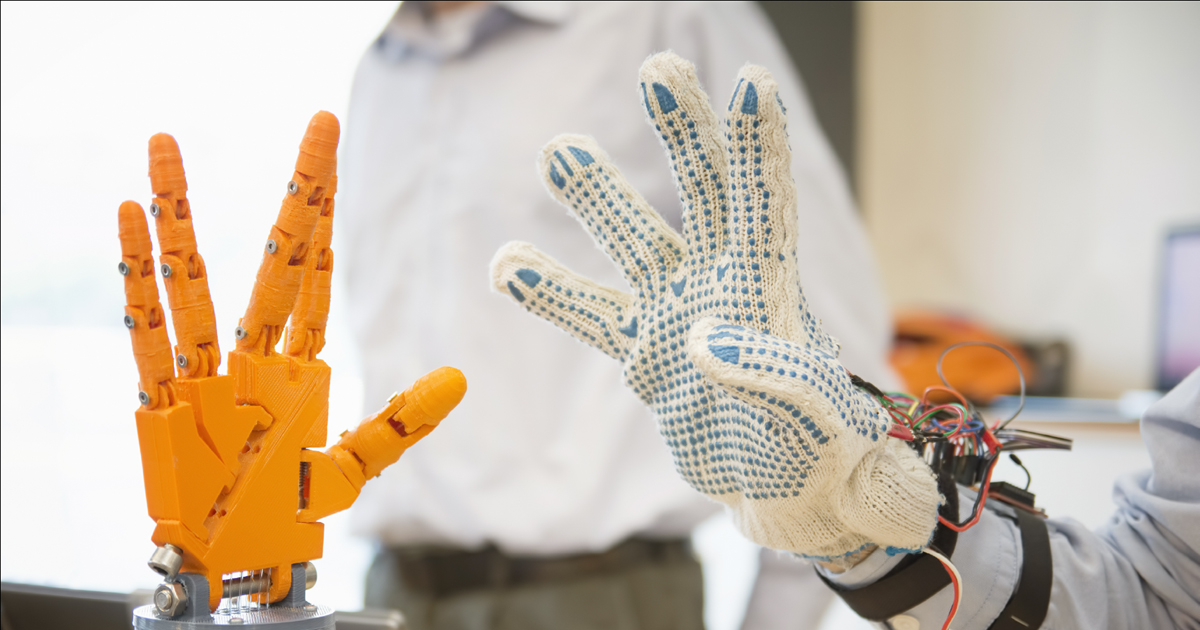
Dr. Soumya Swaminathan, WHO chief scientist, explained: "This collaboration is another great example of how agencies are coming together in different ways to connect the ever-increasing supply of health innovations to the growing demand for those solutions in WHO member states."
WHO will seek to match Member States' needs for innovation to bring it to the regions that require it most. For its part, the IDIA, which functions as a collaborative platform, will seek to deepen collective impact in a valuable attempt to solve global health challenges.
"This strategic collaboration benefits from the strengths and offerings each organization brings to the table," said Bernardo Mariano Junior, Director of Digital Health and Innovation at WHO, who also recognized that organizations like IDIA are key to linking the available supply of innovations and implementing them in countries on a large scale.
The collaboration consists of five main areas: Innovation Demand, which seeks joint collaboration with WHO and Member States for the identification of innovation demand that responds to national and global health needs and priorities; innovation supply, which corresponds to IDIA and its contribution in innovations in collective projects; innovation evaluation, which will encourage knowledge and tools to be shared; innovation scale-up, the work of identifying specific opportunities to drive health innovation; and finally innovation skills development and scale, which will consist of joining forces for ongoing skills development of WHO staff, at regional and local levels, as well as Member States and partners.

